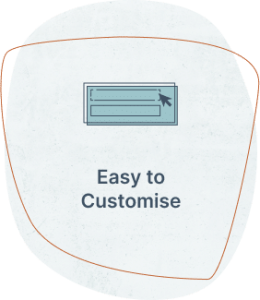Search
Affordable legal document templates written by experienced practising lawyers trusted by UK businesses and beyond
- Guidance notes included
- No hidden extras
- Easily customisable
Create your document in 3 Easy Steps
- Download
- Customise
- Share & Sign
Intellectual property assignment template
Intellectual property agreement templates for Investors who want to be sure that the company they are investing in legally owns its IP. Often, IP may be created or registered in someone else’s name. If so, investors will likely require that the relevant IP is assigned to the company as part of the investment transaction.
why our
customers value us
“I find what I need easily on the PaperRock website. The guidance is clear, and the documents are as good as the ones I’ve seen from in-house and external law firms. I’d highly recommend PaperRock Documents.”
Gavin, MD | SC Transformation
Ownership of intellectual property (IP) will often be a critical aspect of a business. Intellectual property includes trade marks and trade names, copyright, know-how, trade secrets and patents.
For investors, it is crucial to verify during due diligence that the company legally owns the IP which it needs to carry on its business rather than any other person, including the company’s founders.
As an example, a domain name used by a company for its website might be registered in the name of an individual rather than the company itself. As a condition to investment, the investor should ensure that the domain registration is transferred to the company’s name.
Alternatively, a founder or someone else may have developed a business idea or concept prior to the company starting to trade. The rights to this IP may not ever have been formally transferred to the company.
Similarly, a third party contractor may have worked on creating the company’s trade mark, design or logo or on developing software. If the third party was not employed by the company at the time, the IP rights in the work might not automatically belong to the company unless the development or service agreement with the third party included an express assignment of IP rights to the company.
Accordingly, as part of the investment process, investors will require that all IP is properly assigned to and owned by the company.











